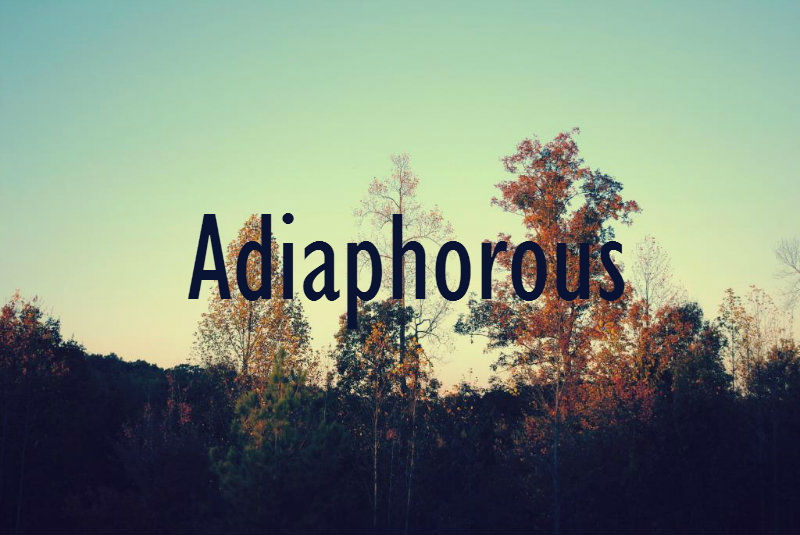So, apparently some Iranian scientist has purportedly built what he claims to be a "time machine". Obviously this caught my eye as a headline, so I read the article, which was very short, and I guess his "time machine" is actually just a personal computer-type-thing that works "by a set of complex algorithims to "predict five to eight years of the future life of any individual, with 98 percent accuracy". He goes on to say that "[his] invention easily fits into the size of a personal computer case and can predict details of the next 5-8 years of the life of its users. It will not take you into the future, it will bring the future to you."
Obviously, this is probably BS. If this were actually a working device, why brag about it by announcing it instead of just using it in secret to thwart your enemies? Anyway, the point of me sharing this is not necessarily to alert you guys to this headline, but rather to pose a question that was provoked by this article.
In most (arguably all) stories where a time machine is featured, we only get to see the point of view of the protagonist who is using the time machine. We never get the POV of any flat characters, or "extras", per se. While reading the article that I referenced above, I was struck with a question. How are you, as a non-protagonist, affected by the actions of the protagonist's use of a time machine? What happens to your reality when they're back in the past, or in the future, messing around with things that inevitably alter the state of affairs in the time period that they left/existed in to begin with? What do you experience, as a random person, as a side affect of the either total or imperceptible alterations that take place as a result of the protagonist? Does your world, without warning, suddenly change and adopt things that didn't exist a moment before, creating mass confusion? Or do you simply cease to exist in that reality, and you are replaced with a rewritten version of you that represents the butterfly effect of changes that have taken place due to the protagonist's efforts in the past? What does this look like? Is it like that episode of Doctor Who with Christopher Eccleston as the Doctor where a paradox is created and those terrifying time-monsters appear out of the sky and destroy a bunch of stuff? (see: Doctor Who episode "Father's Day") Are you just going about your daily business and then suddenly find you're speaking Spanish fluently instead of English, are surrounded by Nazis, are living with Dinosaurs, or are emerging from a Cold War bunker to a devastated and barren landscape? Or, as a general concept, is it as simple as history rewriting itself entirely, in an unfathomable amount of time, from the point of change inflicted by the protagonist? If that's the case, still, what happens to you? Did you never exist? Do you still exist in an alternate reality/universe?
In the stories where a Time Machine is used, the protagonist usually returns to find that, if he has trifled with something, everything and everyone has changed. I guess because time is an invented, relative concept, I will never know the answer to this question.


